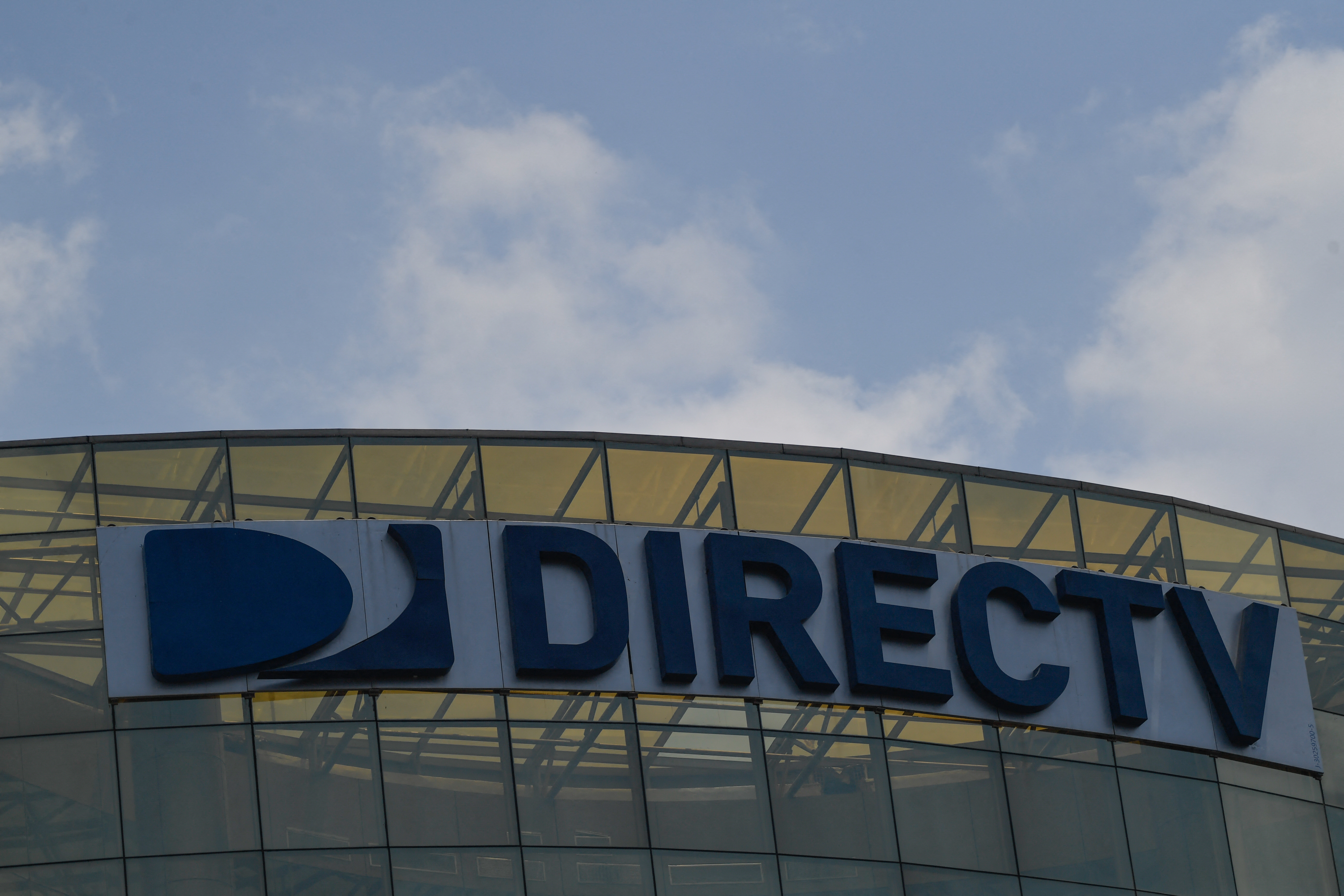
DirecTV agreed to buy rival satellite network Dish on Monday, ending decades of deadlocked talks in a deal that will create one of the nation’s largest pay-TV distributors with a total of 20 million subscribers.
Dish, owned by EchoStar, is saddled with billions of dollars in debt and faces the prospect of imminent bankruptcy.
As part of the two-step transaction, DirecTV will pay $1 to buy EchoStar’s TV business called Dish DBS that includes Dish and Sling TV, while agreeing to assume about $9.75 billion of Dish’s debt, the companies said.
Dish and DirecTV are issuing an exchange offer at a discounted rate on the debt to help extend maturities.
The deal comes at a time when both services are hemorrhaging subscribers amid the growing popularity of streaming services like Netflix.
DirecTV CEO Bill Morrow told Reuters on Monday that the combined pay-TV company would have the strength to negotiate smaller programming packages tailored to consumers’ interests.
Morrow plans to provide a more streamlined viewer experience that makes it easier for customers to manage their subscriptions all from one place.
“We believe that consumers don’t want to be the aggregators — or at least a majority of consumers in the market would prefer not to go out and manage all these multiple accounts of those SVOD direct-to-consumer [subscription video-on-demand] services,” Morrow said.
For the deal to go through, holders of Dish DBS debt will have to agree to take a debt haircut of about $1.57 billion. With the exchange offer, Dish is trying to convince its bondholders to become holders in the merged entity.
The deal would provide a major bailout for EchoStar, which was co-founded by telecommunications entrepreneur Charlie Ergen and is currently saddled with more than $20 billion in debt. EchoStar will receive $2.5 billion in financing from the credit unit of buyout firm TPG, Angelo Gordon and DirecTV to help pay off Dish’s $2 billion bond due in November.
EchoStar said the deal will help reduce total consolidated debt by $11.7 billion and reduce its refinancing needs through 2026 by $6.7 billion.
It will retain other parts of its business, including more than $30 billion in investments in wireless spectrum, which will continue to operate as an independent company.
“The meltdown was inevitable. . . . Both are melting ice cubes with a lot of competition that is increasingly distributed over the Internet in the vast majority of the U.S., and they will be better positioned to navigate that environment after a merger, ” said Jeff Wlodarczak, analyst. at Pivotal Research Group.
EchoStar shares fell 13% in morning trading. The decline, Wlodarczak said, could be related to a lack of capital in deals and investors selling on the news, after a nearly 70% rise so far this year.
Shares of AT&T were flat, trading at $21.90 a share.
The deal also provides a much-needed exit for AT&T, which is selling its 70% stake in DirecTV to TPG for $7.6 billion.
In 2021, AT&T had signed a joint venture agreement with TPG, in which the private equity firm contributed about $1.8 billion in cash in exchange for a 30% stake in DirecTV, which was valued at about $16 billion at the time . AT&T had agreed not to sell its shares in DirecTV for a three-year period, which expired on July 31.
of debt. Denver Post via Getty Images
AT&T has faced declining distributions from its DirecTV business for several years. For the year ended Dec. 31, distributions from DirecTV totaled $2.04 billion, compared to $2.65 billion a year earlier.
According to analytics firm MoffettNathanson, DirecTV has about 11 million subscribers in the U.S., while Dish has roughly 8.1 million.
By comparison, media giant Comcast has roughly 13.2 million cable TV subscribers.
A merger between DirecTV and Dish is likely to test regulators’ appetite for allowing consolidation in the television industry, although the media landscape has transformed dramatically since the two sides first attempted a merger in 2002, which was scrapped. by the Federal Communications Commission and the Department of Justice.
“We believe the timing is right in terms of the amount of competition that’s out there, which won’t change with the combination of Dish and DirecTV,” Morrow said.
MoffettNathanson analyst Craig Moffett told the New York Times that he did not foresee the government challenging the merger this time, given the weakened state of satellite television.
“At the end of the day, you’re better off with one than none,” Moffett said. “And neither will survive very long on their own. And to be fair, even their merger will not change the trajectory of the business.”
The deal is expected to close in the fourth quarter of 2025, subject to regulatory approvals.
Investment bank PJT Partners advised DirecTV on the deal, while Barclays advised TPG. JPMorgan advised Dish, while Bank of America, Evercore, LionTree and Morgan Stanley also advised DirecTV and TPG.
By postal wire
#DirecTV #buy #debtladen #rival #Dish #decadeslong #pursuit
Image Source : nypost.com